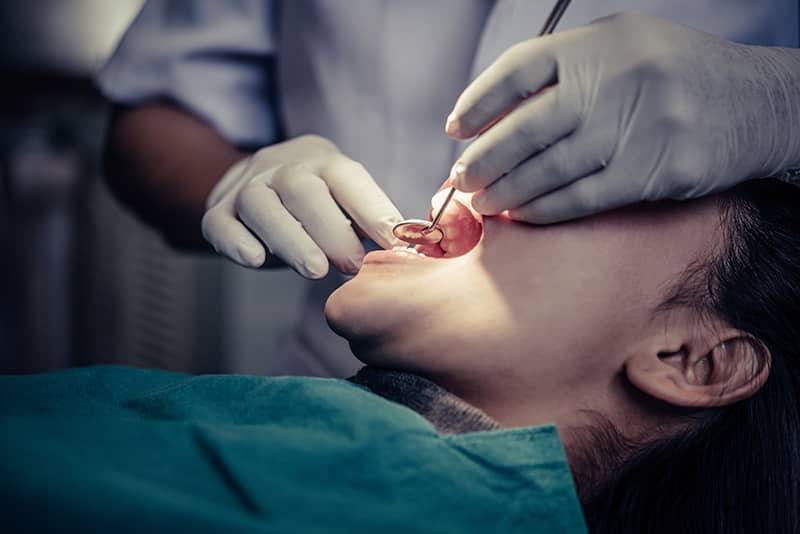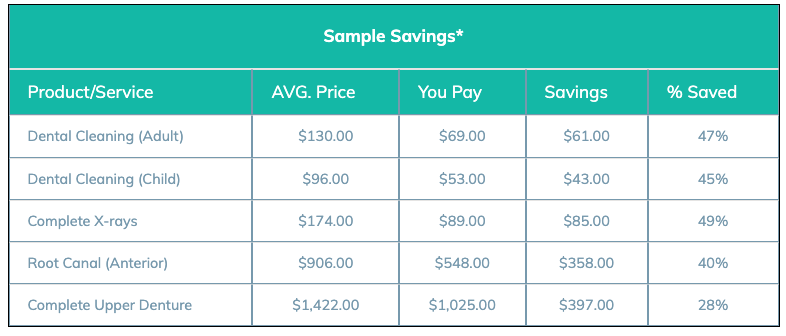
Oral cancer is a serious condition that can affect anyone, regardless of age or lifestyle. Early detection is crucial for effective treatment and improved outcomes. This guide will help you understand the signs, symptoms, risk factors, and preventative measures associated with oral cancer.
What Is Oral Cancer?
Oral cancer, also known as mouth cancer, refers to cancers that develop in any part of the mouth, including the lips, gums, tongue, inner lining of the cheeks, roof of the mouth, and floor of the mouth. It is a type of head and neck cancer and can be life-threatening if not diagnosed and treated early.
Common Signs and Symptoms
Being aware of the following signs and symptoms can aid in early detection
If you experience any of these symptoms for more than two weeks, it is essential to consult a healthcare professional for evaluation.
Risk Factors
Several factors can increase the risk of developing oral cancer:
Prevention
Taking preventative measures can significantly reduce the risk of developing oral cancer:
Regular Dental Check-ups
Regular dental visits play a vital role in early detection of oral cancer. Dentists can identify suspicious areas in the mouth than may require further examination. Early detection through routine screenings can lead to more effective treatment and better survival rates.
By understanding the signs, symptoms, and risk factors associated with oral cancer, you can take proactive steps to protect your oral and overall health. If you notice any unusual changes in your mouth, consult a healthcare professional promptly. SLEEK Dental Club offers discount dental coverage, as well as insurance plans underwritten by MetLife. Contact us today for more information at SLEEK Dental Club.



